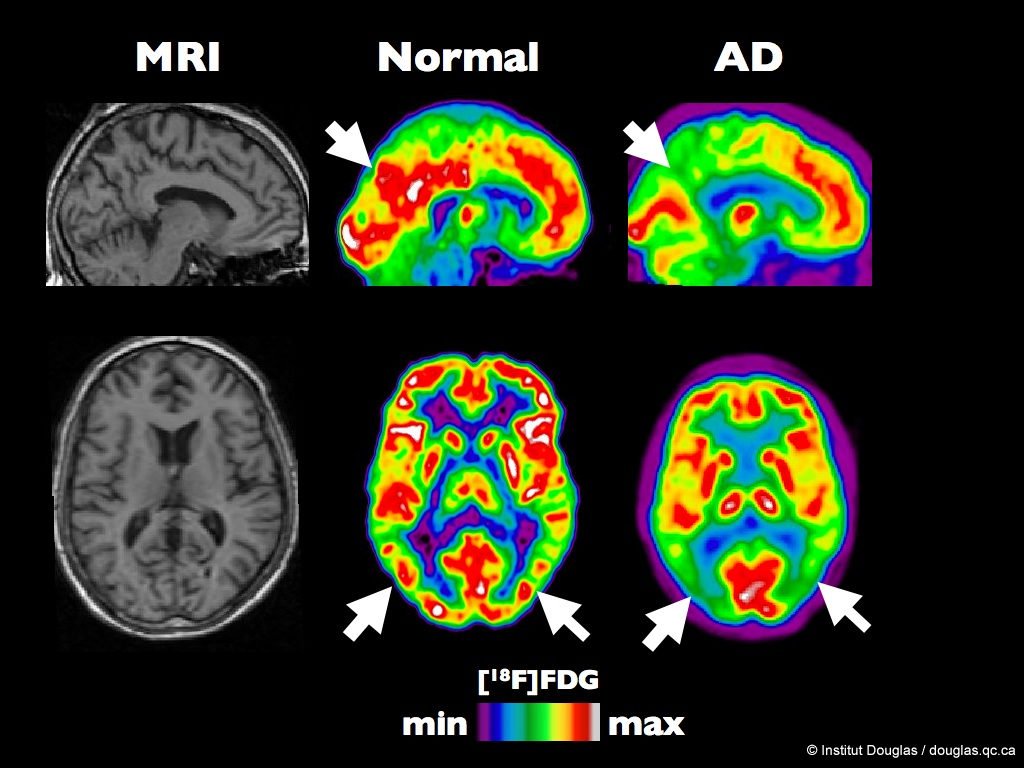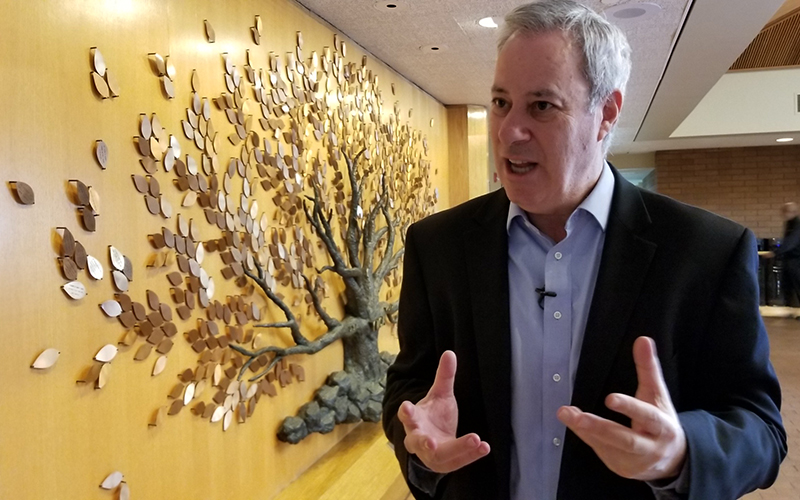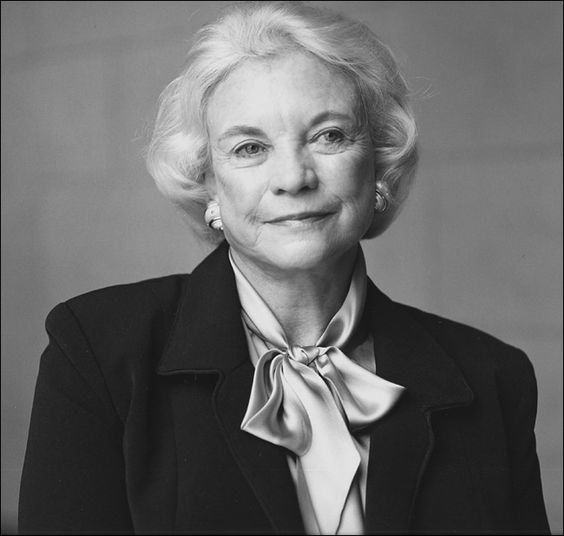The inititaive seeks to focus on two problems. "First, we still don’t fully understand the causes and underlying biology of these diseases. We have learned a lot and have ideas and working models, but these are complex diseases, and our mechanistic understanding is still relatively nascent. Second, the field collectively has suffered from a longstanding siloing of effort, models and approaches and this has held back progress. We need new ideas and perspectives on these disorders and approaches that are more integrative, collaborative, and multidisciplinary."
Posts published in “Current Event”
![]()
Recently, Sandra Day O’Connor, the first woman to serve on the Supreme Court, announced that she would be retiring from public life due to dementia that was probably Alzheimer’s disease.
Federal budget grants for 2018 appropriated an additional $414 million to the National Institutes of Health for Alzheimer’s research, bringing the budget to $1.8 billion.
This January, Pfizer announced they’d be halting their research efforts to find an Alzheimer’s cure, making federal funding more important than ever.
In 1971, Nixon declared a “war on cancer” and signed the National Cancer Act of 1971.
That act established the National Cancer Institute in its current form.

"The owner of the Denver Broncos relinquished control of the team before training camp in 2014, due to the onset and progression of Alzheimer’s Disease. President and CEO of the Denver Broncos Joe Ellis has been at the helm since."

"Demand the NIH allocate at least 10% of its $2.3 billion budget for Alzheimer's research to other deserving scientists who are investigating the role of bacteria, viruses and other infectious agents. This is a roadblock because the NIH has a virtual monopoly on big dollars for Alzheimer’s research. Alzheimer’s Germ Quest, Inc., an independent Alzheimer’s disease research advocacy organization, has launched “10% for Germs”, a grassroots citizens, patients, and caregivers campaign to demand the National Institutes of Health (NIH) immediately allocate $230 million for research grants to determine the roles of germs in causing Alzheimer’s, announced its CEO, Leslie Norins, M.D, Ph.D."

"Within the bustle and organized chaos of Denver's massive airport, an 80-year-old man with Alzheimer's disease named Jerry Ellingsen was found wandering alone after traveling with his small dog from Fort Myers, Florida. Jerry didn’t know where he was or why he was in Denver. Police tried contacting his daughter and wife, neither of whom would pick him up, so officers were forced to call an ambulance that took him to a nearby hospital."

"Scientists have conducted a lot of research on the disease, but there’s still no simple explanation for it. But James Truchard wants to change that. Truchard is former president and CEO of the multi-billion-dollar Austin-based tech company, National Instruments. He recently gave $5 million to the University of Texas at San Antonio College of Sciences for the new Oskar Fischer Project; the money will be divvied among the scientists who can sufficiently explain what causes Alzheimer’s. Truchard says the idea for the prize money came to him after witnessing how his first wife lost her memory and struggled with her mental health over a period of 18 years, before she eventually died from an aneurysm."

"A team of Salk Institute researchers led by President Rusty Gage has been awarded $19.2 million over eight years by the American Heart Association-Allen Initiative in Brain Health and Cognitive Impairment to investigate mechanisms underlying Alzheimer's disease and aging-related cognitive decline and uncover new therapies. This bold venture will comprehensively analyze interactions between five areas key to brain health: proteins, genes, metabolism, inflammation and epigenetics. 'At the Salk Institute, we have devised a completely new way of approaching Alzheimer's and aging research,' says Gage, a world-renowned researcher in neuroscience and genetics who holds the Vi and John Adler Chair for Research on Age-Related Neurodegenerative Disease. 'With the generous support of The Paul G. Allen Frontiers Group, the American Heart Association and other philanthropic donors to this initiative, we believe we can make significant progress in the diagnosis and treatment of Alzheimer's and other age-related cognitive diseases.'"
"It seems that the sands of time are slowly running out on Eli Lilly’s BACE program for treating Alzheimer’s disease. This week during its third quarter conference call, David Ricks, Eli Lilly’s Chief Executive Officer, slid in the fact that the company has scrapped a Phase II clinical trial for N3pG, a humanized IgG1 monoclonal antibody, plus BACE in the treatment of Alzheimer’s. Ricks did note that Eli Lilly was still studying N3pG as a monotherapy."

"TGen’s MindCrowd seeks 1 million people around the world to help cure Alzheimer’s.... The project, which has screened about 125,000 people with its 10-minute
online test since it started in 2013, has identified several factors that are correlated with memory function, according to Matthew Huentelman, founder and principal researcher for MindCrowd."

"Like many, I was devastated to learn of retired U.S. Supreme Court Justice Sandra Day O’Connor’s disclosure of a dementia diagnosis, the start of a journey that nine years ago robbed the life of her husband. While a moderate conservative, Justice O’Connor was a courageous bipartisan swing vote in key cases when integrity and fairness trumped of the day. No surprise here: She was confirmed to the Supreme Court on a 99-0 vote..."
